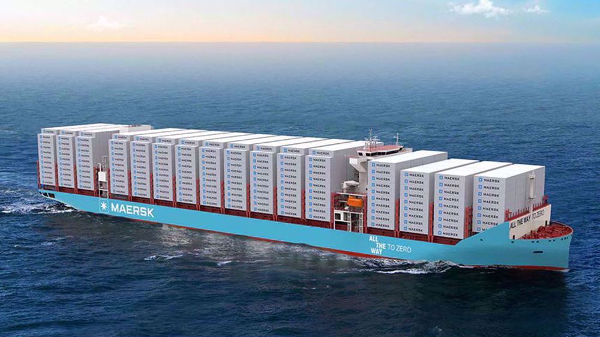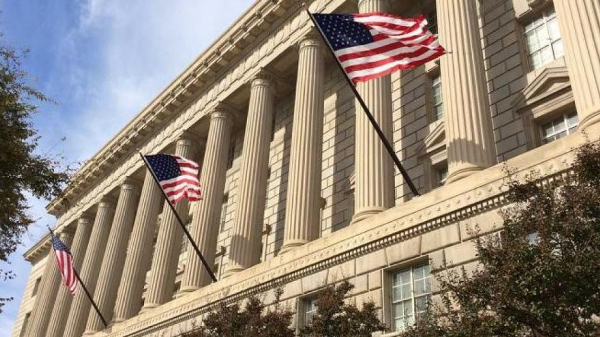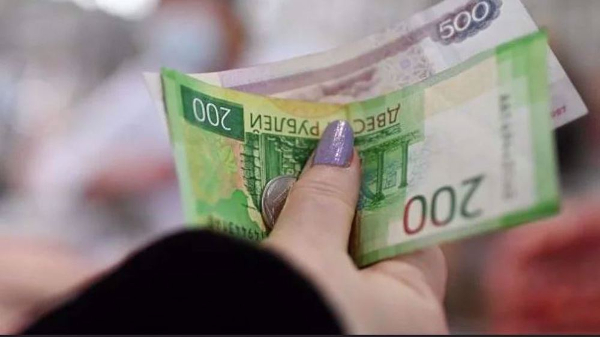
PSA, the maker of Peugeot and Citroen cars, has become the latest French company to suspend its joint venture activities in Iran, despite promising to stand its ground in the face of sanctions.
A statement attributed to the carmaker said PSA “began the process of suspending the activities of its JVs, in order to comply with US law by August 6, 2018” when the sanctions are about to snap-back into place.
PSA and its French rival Renault were among the first European companies which rushed to Iran to tap into a pent-up demand for new automobiles after sanctions were lifted on the country in 2016.
PSA has signed production deals worth 700 million euros with Iran, while Renault has announced a new plant investment to increase its production capacity in Iran to 350,000 vehicles a year.
Since the lifting of sanctions, French automakers have piled into Iran’s resurgent market, helping turn around a period of slipping sales which occurred when they left the country in 2012.
PSA reportedly sold 445,000 cars in Iran last year, mainly the supermini Peugeot 206 and the 405 family car. To put it into perspective, the company sold 3.63 million vehicles in total last year.
Data released by Renault also showed year-on-year growth of 54% in sales to Iran where the automaker sold 144,862 cars in the year up to November 2017.
Both Renault and Peugeot withdrew from Iran in 2012 when the country came under intensified Western sanctions.
Iran’s automotive industry officials had promised that the French companies would face a rough ride for their return to the country and that they would not be allowed to leave without retribution.
“After the sanctions were imposed, Peugeot left the Iranian market in an unwise and ungracious move, leading to the layoff of more than 8,000 workers only in France,” Iran Khodro CEO Hashem Yekke-Zare said in July 2015.
“Hence, Peugeot must know that it has to account for its past behavior,” he added.
Whether the company was held to account when it returned to Iran is not clear, but PSA’s announcement on Monday to suspend its JV activities shows the two sides are back to square one again.
Even before Trump withdrew the US from the nuclear deal in May, the French company dragged its feet on starting production of the Peugeot 2008 in Iran.
The automaker announced a joint venture worth 400 million euros ($450 million) with Iran Khodro in May 2017 for the production of 200,000 cars per year in Tehran, but the plan never started.
PSA’s retreat, even though it doesn’t have a significant presence in the US, follows similar moves by French energy companies Total and Engie in response to Trump’s decision.
They have pulled back despite pledges by European governments, including in Paris, to compensate the companies that might be facing US sanctions.
PSA said it was asking the US for a waiver, with the support of the French government. Total CEO Patrick Pouyanne, however, said last week that the chances of winning exemptions to the US sanctions were "very slim".
LINK: https://www.ansarpress.com/english/10038
TAGS:
































 South Korea may punish Tesla
South Korea may punish Tesla 




